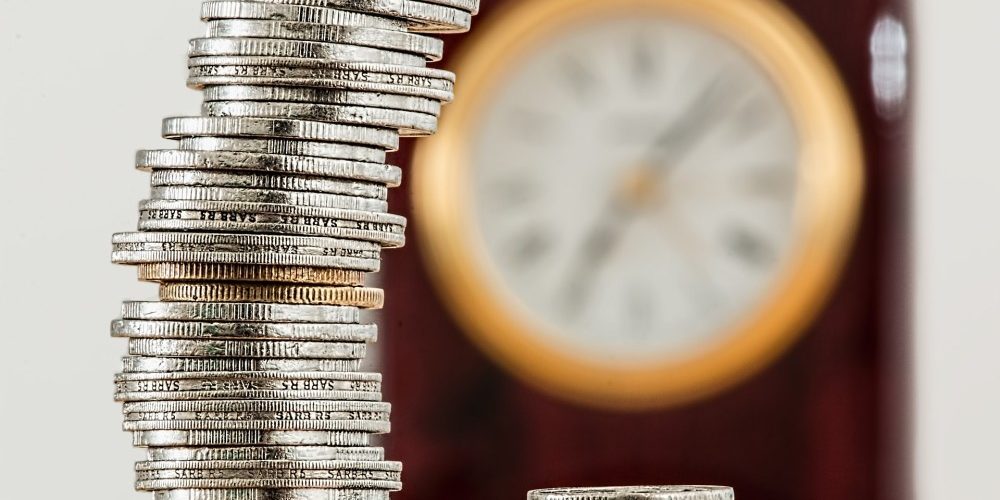Bucks, Smackers, Dough
Other countries, other customs — so far so good.
Other countries, other prices. Just as clear and logical: other countries, other living conditions, other living standards, other ways of handling money.
For us in the West, “other” almost always means that other people are poorer, live below the official poverty level and it is an uncomfortable situation. From the other perspective, it means that we are richer, live in unimaginable luxury and take for granted things which they could never hope to have.
For us personally that has consequences that take some getting used to. While those of us who live abroad are considered poor by those in our home country, we are regarded in our country of assignment as the “super rich” who can afford anything, who can shop whenever they please and don’t have to bother about the price. Almost everything is extremely cheap for us.
Two examples:
1. We want to buy a very special volume of poetry. It is written in one of the local languages that doesn’t actually have an official alphabet, contains translations in two other languages, one of them French, includes a lexicon of the most important terms, and was published as a special edition! Altogether an unusual book. When the salesman names a price of two euros, I am so amazed, I simply cannot believe it. But the salesman repeats the price several times!
- At the hairdresser, my wife paid three euros and I paid one! How do we handle it? How can we cope with the differences, the discrepancies that we confront every day? We have to admit — it could quickly become a bigger problem. In North Africa almost everyone can receive French television. The people know about the wealth in Europe. They know about the differences, they see advertizements for the craziest products and assume that Europeans buy such things. We find ourselves caught in between and have to learn to be extremely tactful.
The situation is unjust and we are hardly going to be able to change it. We will try to put our money to good use.
The following guidelines are a help to us:
- We are grateful for the wealth we have, even if we often don’t feel so wealthy, and realizing that there are poor people in Europe as well.
- We will ask our national friends how we should behave and what expectations they have of us.
- When people ask for help, we will ask questions, test the situation, and usually give something, but never as much as they ask for.
And we’ll never forget that even if the economic situation in Europe is less than rosy, even if a lot of people complain and talk about a crisis, these countries are of the richest in the world. 80% of the world population live in countries like Peru, Tanzania, India, Vietnam — or North Africa.
They never have to worry about government welfare, which doesn’t exist to begin with. We are the exception, not the “others”.
Note: Mike, a friend of Arne, lived in Algeria for nearly two years in 2010-2011. He allowed us to publish some of his short comments on culture and language that he wrote in that time and sent to friends.






